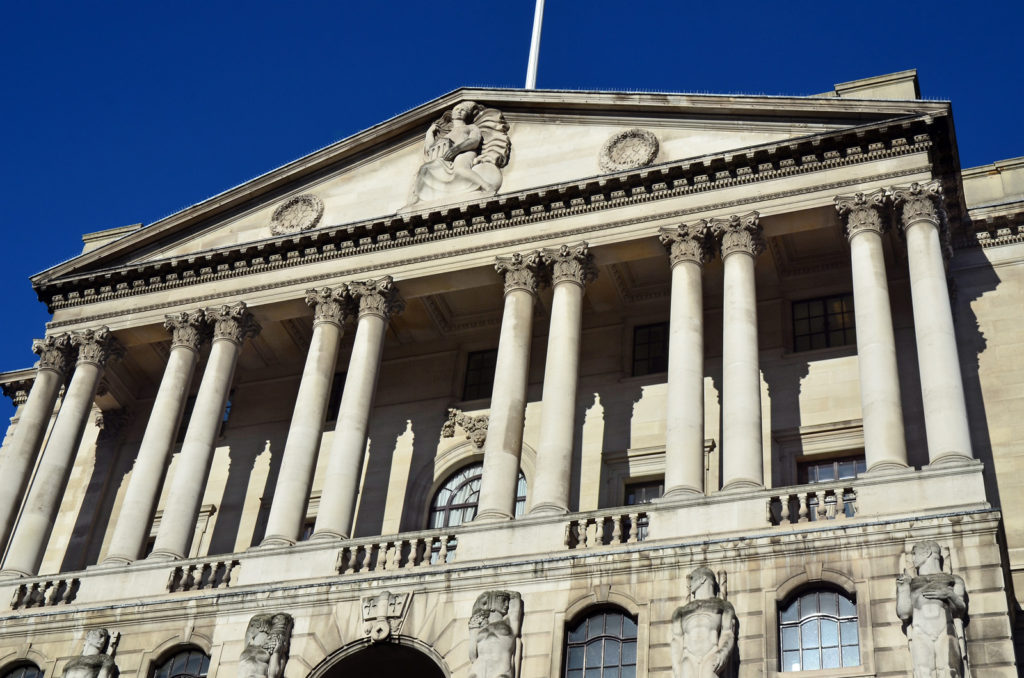
By Professor John R. Bryson
Professor of Enterprise and Economic Geography, The Department of Strategy and International Business, Birmingham Business School
One claim that is made by parties in opposition is that Britain is broken and needs to be fixed. This is political rhetoric. For example, to Rachel Reeves, Labour’s Shadow Chancellor of the Exchequer, “Britain is trapped in a spiral of economic decline”. If Britain is trapped in such a spiral, then this is an unusual form of economic decline. Between January and March 2024, the UK economy grew by 0.7%. Moreover, Gross Domestic Product (GDP) per head is estimated to have increased by 0.5% in Quarter 1 of 2024, following seven quarters without growth. In June, UK inflation fell back to 2%.
The economic figures highlight that Britain is not experiencing a spiral of economic decline. The next Prime Minister will inherit an economy that is growing, and which should benefit from interest rate reductions. Nevertheless, there is a tension here. Economic growth requires certainty. It is possible for a government to enhance certainty, but uncertainty can never be completely removed.
Central to the Labour Party’s political manifesto are six steps of which the first is to ‘deliver economic stability’. This is a courageous promise and is one that no government can ever deliver. For Labour, this promise will come from introducing tough spending rules intended to keep taxes, inflation, and mortgages as low as possible. Of course, a government cannot control inflation or interest rates, but can try to limit public sector spending and borrowing. What is interesting is that Labour’s approach is similar to the Conservatives. For the Conservatives there is no promise of economic stability, but one based on keeping public finances sustainable by reducing public sector debt and borrowing. The key word for the Conservatives is ‘security’ and the delivery of a ‘secure future for you and your family’. The word ‘security’ or ‘secure’ is used 64 times in the Conservative manifesto with ‘stability’ used three times, while ‘stability’ is used 16 times by Labour and ‘economic stability’ seven times.
It is impossible to predict the future, but it is perfectly possible to try to lay down the foundations for an alternative future. However, anyone attempting this should expect to be disappointed as the future will always surprise. We need to think back to the 2019 general election. Since 2019, the UK experienced at least two unexpected economic shocks: a global pandemic and a cost-of-living crisis linked to Russia’s invasion of Ukraine. It is interesting to note that neither the Conservative nor Labour manifestos mention any initiatives intended to ensure that the UK is prepared for the next pandemic. And there will be another pandemic.
Economic stability is a much bolder claim than economic security. There are two points to consider here. On the one hand, a country’s economy is always exposed to external influences and events. The next five years will be a period of great global economic uncertainty that will have all types of negative impacts on the UK economy. The June 2024 Financial Stability report published by the Bank of England highlights a host of geopolitical risks that remain high. These include policy uncertainty associated with upcoming elections, for example in France and the US. Then there is Russia’s continuing war with Ukraine, events in the Middle East, and US-China relations. All are sources of material geopolitical risk with quite different impacts and timing. And these are only some of the better-known risks. Nevertheless, the Bank of England notes that the UK banking system is resilient and strong, and that UK households and businesses have remained resilient, but many are under pressure.
On the other hand, economic stability requires a government to focus on removing any uncertainty that is under its control. This requires policy transparency and constraint. Constraint includes avoiding any new policy interventions that would undermine uncertainty. Labour’s manifesto is not transparent and includes new policy interventions that will enhance uncertainty, and this then will undermine economic stability. There is no transparency regarding tax increases, but taxes must increase unless the in-coming government decides to strip back government expenditure. There are also policies that create new forms of uncertainty, for example, replacing the business rates system, enhancing employment rights, and strengthening the collective voice of workers. It is interesting to note that Labour’s manifesto is labelled change, and the word ‘change’ is used 160 times. Thus, a host of changes will deliver economic stability. In the Conservative manifesto, the word ‘change’ is only used 26 times.
Overall, the known known is that the future is uncertain and that events will occur that are outside the control of the UK government and that will place new stresses on the UK economy. These stresses will erode economic stability in unexpected ways.
A government can lay the foundations for a more robust economic future. It is not that difficult. All that is required is to ensure that a country has an excellent and robust educational system in place that is supported by appropriate and timely infrastructure investments intended to support economic activity. In addition, the policy environment should be extremely supportive of new innovations, and of all involved in making and sustaining employment opportunities. Thus, policies must be supportive of job makers and job takers. All this should be underpinned by a transparent approach to taxation to support effective public service delivery that benefits from high levels of productivity. Is this too much to ask of our elected representatives?
- Find out more about Professor John Bryson
- Back to Social Sciences Birmingham
The views and opinions expressed in this article are those of the author and do not necessarily reflect the official policy or position of the University of Birmingham.
